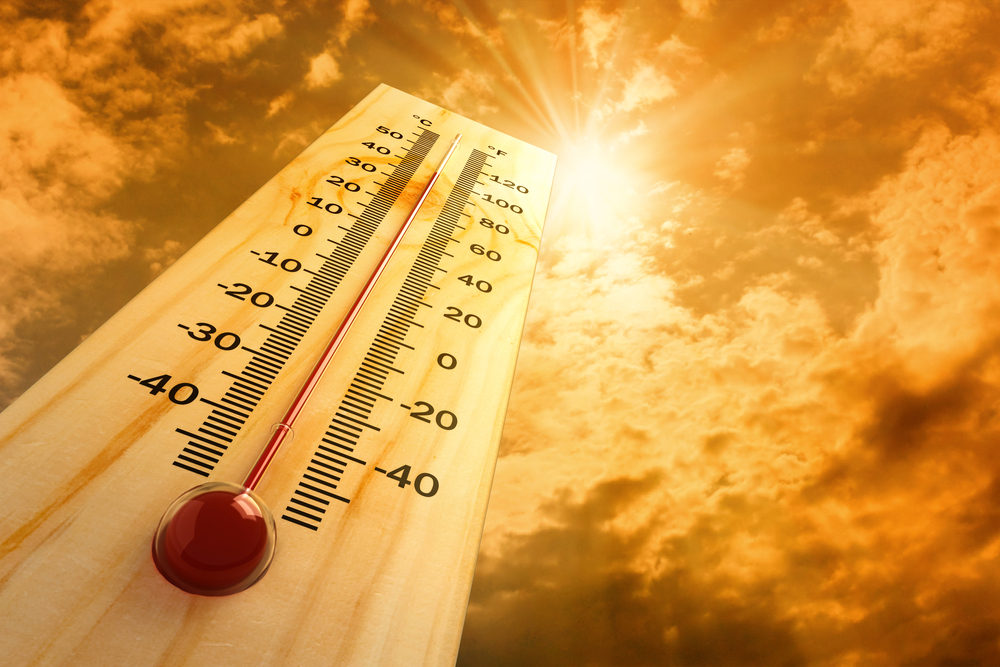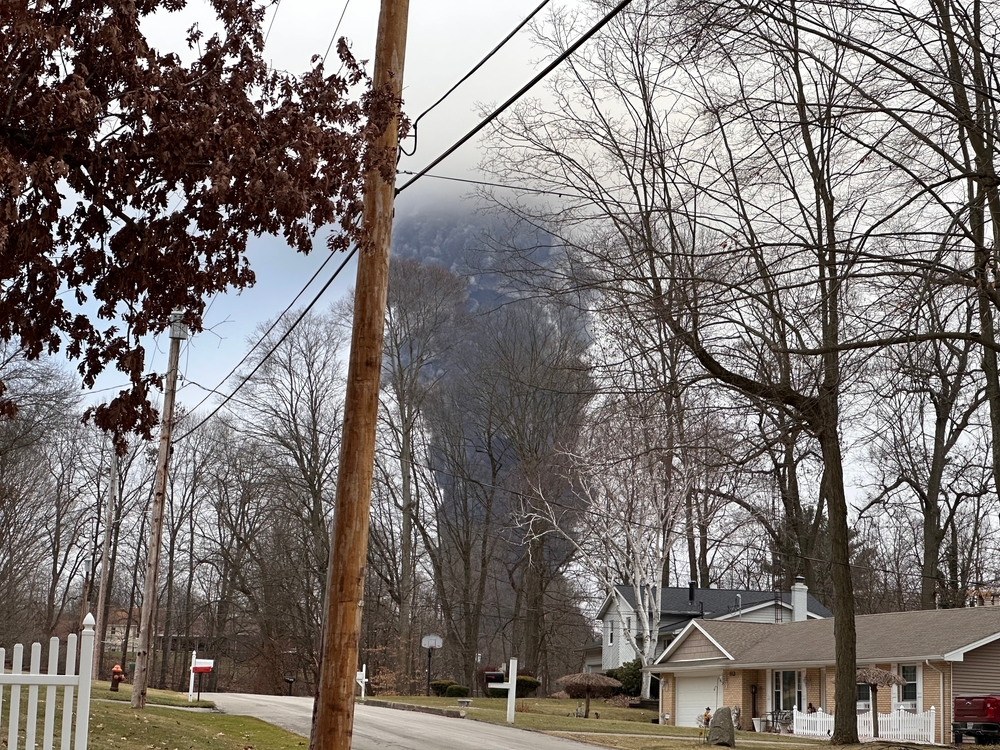As a heat wave grips the Southwest U.S., power grids are being pushed to their limits. With parts of California, Texas, Arizona, New Mexico, Oregon, Idaho, Washington, Montana and Nebraska under Heat Advisories and Excessive Heat Watches issued by the National Weather Service, people are encouraged to stay safe in the heat. This may mean cranking up the air conditioning, putting further strain on an already-stretched power grid.
On Friday, June 18, the California Independent System Operator (ISO), who is responsible for most of the state’s electrical grid, issued a statewide Flex Alert asking consumers to conserve energy during on-peak hours. The first Flex Alert of the year was issued as a cautionary measure and a tactic to avoid rotating brownouts. Additional Flex Alerts are expected throughout the summer. Power conservation efforts may prevent rolling brownouts when the temperatures and demand for power and air conditioning soar.
In Texas, residents are being asked to conserve energy in order to avoid power cuts during the latest heat wave. As some residents still haven’t paid off their power and repair bills from Texas’ winter storm in February, many are fearful of losing power for their AC. Many residents are hopeful that conserving power will prevent an electric bill pileup.
Carolyn Rivera, 77, is a retired schoolteacher who has lived in east Houston for 40 years. She’s on a fixed income and is conserving her energy use. “I turn my air way up to, like, 83 because of the fear of getting an electric bill that I'm not able to pay,” she said to NPR last week.
In addition to the extreme heat, many states in the West are experiencing drought conditions after a drop in melting snow pack from the mountains. Farms are receiving only a percentage of their normal water consumption for crops. As wildfire season returns, fire risk continues to climb in the sizzling dry environment.
Tips for Coping with Heat
Extreme heat can happen with little to no warning. Children, seniors, pregnant women and those with chronic illnesses are at a greater risk of experiencing heat-related conditions. Approximately 175 Americans die every year due to afflictions such as heat exhaustion and heat or sunstroke.
There are many ways to beat the heat, including:
- Find air conditioning
- Keep outdoor/vigorous activities to a minimum
- Wear lightweight clothing
- Check on elderly neighbors and other family members
- Drink plenty of hydrating fluids, especially water
- Never leave pets or people in a closed car
Strenuous activity should be avoided, reduced or rescheduled to the coolest time of day. If you are at risk of heat-related illness, protect yourself by dressing in light-colored clothing, which reflects sunlight and heat.
Those working outdoors during extreme heat are also at risk. Drink plenty of fluids like water or non-alcohol beverages, even if you don’t feel thirsty. These help keep your body cool. Avoid all alcoholic beverages as they dehydrate you further. Take more frequent breaks and find shade to help cool you off.
The National Weather Service will issue alerts and warnings depending on the location. In the case of heat, alerts are issued if the heat index is expected to be 105°-110°F for at least two consecutive days. Stay informed about the weather in your area by turning on extreme weather notifications on your mobile device. Staying alert and using precautions will keep you and your loved ones as cool and comfortable as possible.














